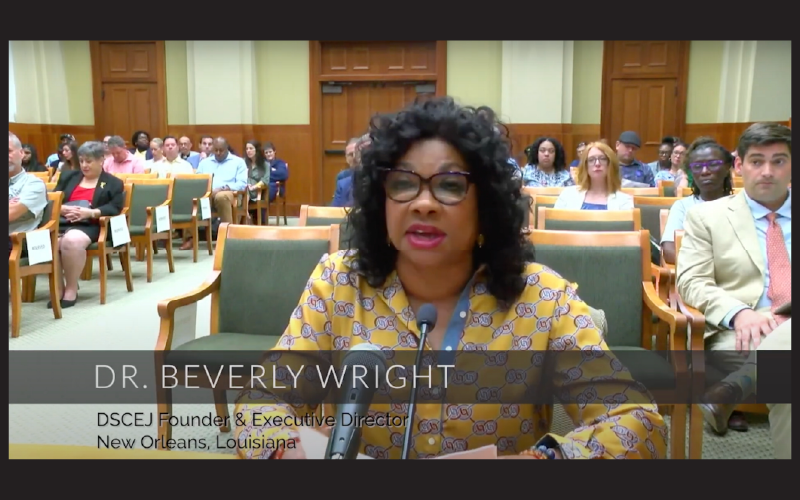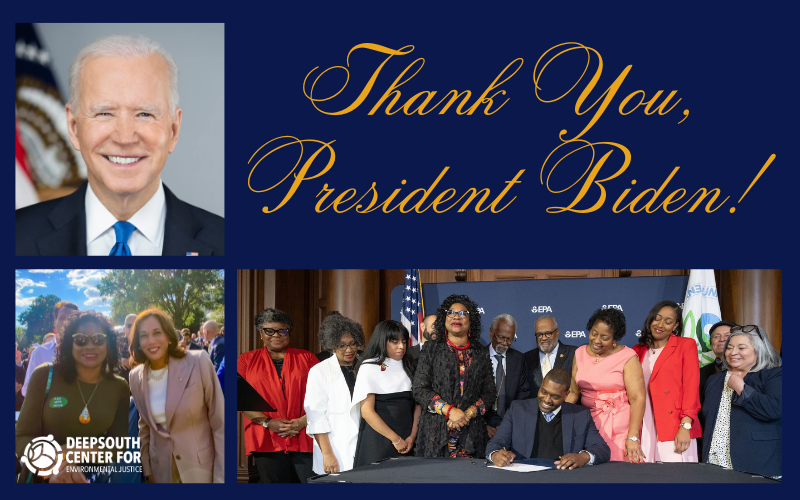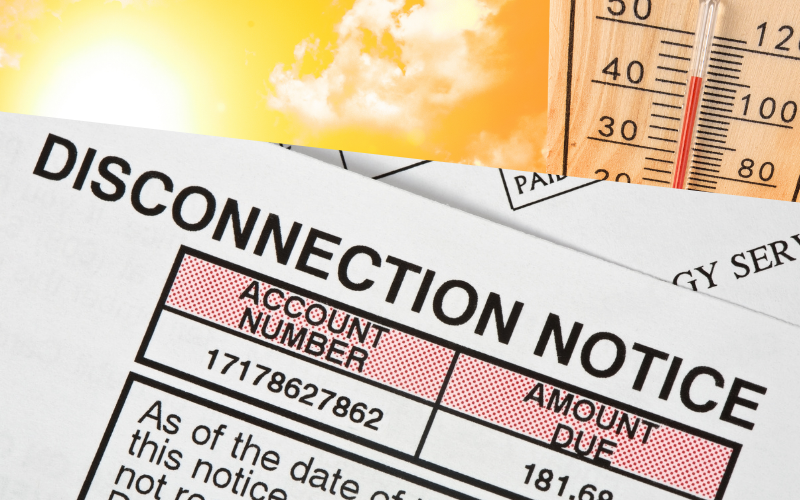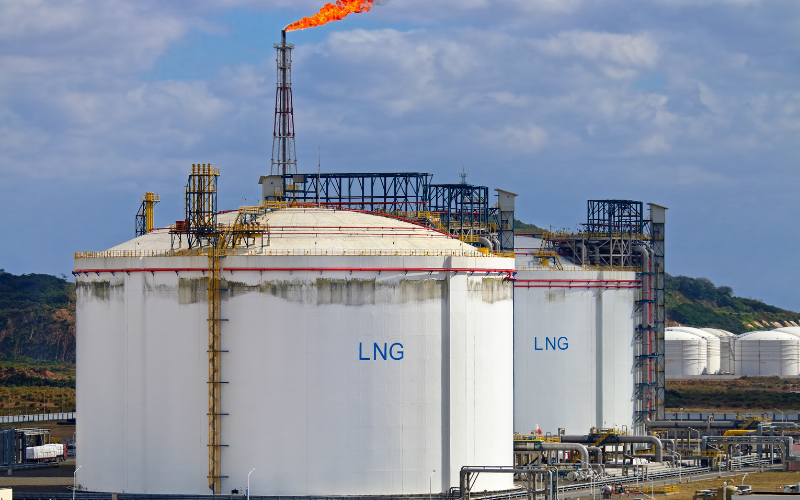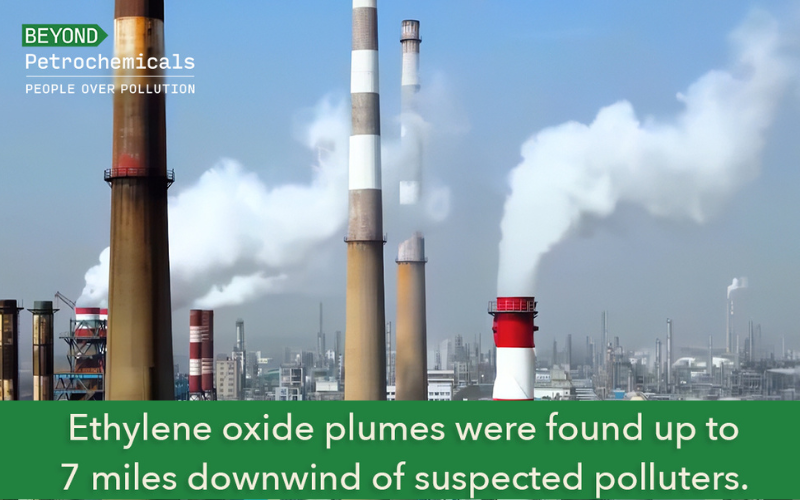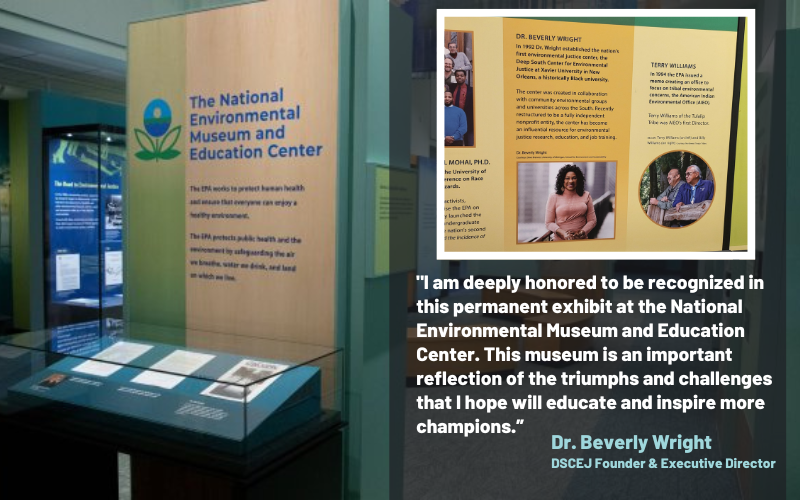Deep South Center for Environmental Justice Testifies at EPA’s Public Hearing on Louisiana’s Carbon Capture & Sequestration Program
FOR IMMEDIATE RELEASE: June 22, 2023
Contact: Ginger LeBlanc | gingerl@dscej.org
New Orleans, LA – Yesterday, Dr. Beverly Wright, Executive Director of the Deep South Center for Environmental Justice (DSCEJ), joined environmental justice activists and local community leaders in Baton Rouge to testify in opposition to the Environmental Protection Agency’s (EPA) proposed approval of Louisiana’s Carbon Capture & Sequestration (CCS) Program during the agencies’ three-day public hearing.
The EPA’s public hearing comes at a time when a new wave of gas-burning facilities is being proposed in Louisiana communities where the majority of residents are Black, Indigenous, and poor. Plans for many of these facilities include carbon capture and storage or CCS – a risky process that involves collecting carbon dioxide from industrial waste streams and transporting it via miles of pipeline to areas designated for injecting the carbon dioxide underground for permanent disposal.
Last week, the Louisiana legislature attempted to tackle problems in state laws governing carbon dioxide waste injection. One of these laws significantly reduced the time of a company’s liability for operating a carbon dioxide injection well from 50 years, which is required by federal regulations, to 10 years. The recent changes to the state laws trigger another review by the EPA with the opportunity for public notice and comment.
“Today’s hearing by the EPA is more than whether DNR should have this permitting authority over the Class VI Underground Injection Control Program, it’s about our future,” said Dr. Beverly Wright, Founder and Executive Director of the Deep South Center for Environmental Justice. “Who wants a future that repeats the past of leaking and broken-down oil and gas wells that are abandoned by companies? This is what we have with state laws that place the burden on the people of Louisiana to pay for and remedy the damage that occurs from carbon dioxide injection wells, and allow companies to walk away from the liabilities imposed by federal regulations.”
DSCEJ also provided the EPA with critical information about the state’s proposed program and the risks of CCS:
With a record of failure and mismanagement that resulted in destroying the Bayou Corne community, harming children and adults in Grand Bois, and leaving the state littered with leaking oil and gas wells, the Louisiana Department of Natural Resources (DNR) submitted a flawed application for authority to permit underground injection of carbon dioxide (CO2) that is collected from the waste stream of industrial facilities.
1. Carbon dioxide is hazardous
- The National Institutes of Health (NIH) reports carbon dioxide is an asphyxiant and toxicant. Carbon dioxide displaces oxygen in the air we need to breathe. High concentrations of carbon dioxide can result in death. Within one minute of CO2 poisoning, a person can pass out and suffer respiratory arrest.
- On February 22, 2020, in Satartia, Mississippi, people were not able to escape a major CO2 release from a pipeline rupture because their cars stalled out due to the clouds of carbon dioxide that displaced oxygen.
2. Carbon dioxide waste injection increases risks
- Carbon dioxide corrosion can break down the metals in pipelines and containers and leak out with the potential for contaminating the environment, including waterways and groundwater sources for drinking water.
- Carbon dioxide can also break down rocks underground and, like an earthquake, cause things to shift above ground. Louisiana has numerous fault lines that increase the potential for earthquake incidents occurring from carbon waste injection.
- Abandoned oil and unplugged gas wells can serve as straws for carbon dioxide to move upward to the atmosphere and increase climate risks, which defeats the entire purpose for carbon capture and storage or CCS.
3. Oil and gas companies lobbied to shift liability for damages caused by carbon dioxide waste injection to the people of Louisiana
- The damage that can be caused by a carbon dioxide waste injection well is clearly known to oil and gas companies.
- Their lobbyists pushed a bill through the Louisiana legislature that shifts liability to the people of Louisiana to pay for remedying this damage.
- This new law is in conflict with EPA’s federal requirements.
4. The Louisiana Department of Natural Resources (DNR) has a record of failure.
- The Louisiana State Legislative Auditor has issued reports on DNR’s failure to regulate oil and gas wells.
- DNR’s failure to protect the Grand Bois community from oil waste led to severe health injuries suffered by children and adults.
- DNR’s failure to monitor and regulate resulted in the catastrophe of the ground giving way under the Bayou Corne community in 2012.
5. The DNR plans to give management of carbon dioxide waste injection to unnamed and unknown companies.
- In its application to the EPA, the DNR states that it will outsource the management of carbon dioxide waste injection wells to unnamed and unknown companies.
- Permanent underground storage of carbon dioxide has never been done before and involves significant risks for communities and our environment.

